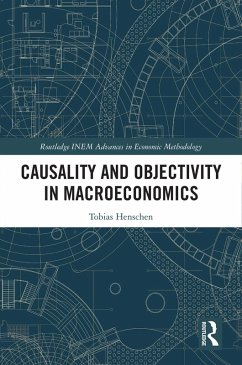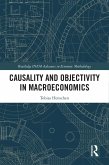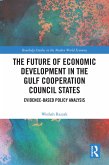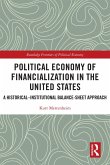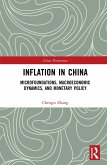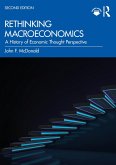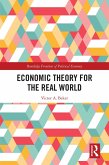Dieser Download kann aus rechtlichen Gründen nur mit Rechnungsadresse in A, B, BG, CY, CZ, D, DK, EW, E, FIN, F, GR, HR, H, IRL, I, LT, L, LR, M, NL, PL, P, R, S, SLO, SK ausgeliefert werden.
Alessio Moneta, Sant'Anna School of Advanced Studies, Pisa
The Ukraine War? The pandemic? The interruption of supply chains? The massive expansion of central bank balances? The recent surge in inflation has made abundantly clear that our understanding of causation in macroeconomics is wanting. Tobias Henschen's wonderful new book goes a long way towards explaining our predicament and makes valuable suggestions for improvements. No macroeconomic analyst, policy maker or methodologist interested in the foundations of economic policy can afford to miss it.
Julian Reiss, Institute for Philosophy and Scientific Method, Johannes Kepler University Linz
Tobias Henschen has written the go-to work on the crucial issues for causality in macroeconomics raised by the new classical modelers' insistence on micro-foundations and the endogeneity of expectations. Anyone relying on DSGE economic models for objective policy guidance needs to read this book.
Alex Rosenberg, R. Taylor Cole Professor of Philosophy, Duke University
Henschen's very interesting book sheds new light on why the effectiveness of macroeconomic policies is unremittingly challenged both within and outside the discipline. The author's well argued answer, to put it abruptly, is that this is the consequence of the missing scientific objectivity of the causal mechanisms supposedly at work.
Andrea Salanti, University of Bergamo

